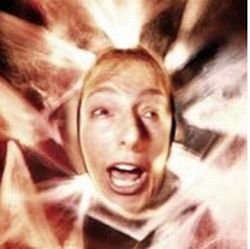What Factors Affect Mental Health? LCSW & MFT Exam Prep
This week brings us to Factors Affecting Mental Health. Most of these factors, including environmental and psychosocial factors, are recorded on Axis IV of the DSM Multiaxial Assessment. You will see these factors in many test questions and will often be asked to prioritize interventions based on multiple stressors/factors. Let's look at an example: Sample: A family contacts a social worker for help with an increase in conflict and fighting. During the intake, the wife tells the social worker that her husband's mother recently moved in with the family after his father passed away. She goes on


